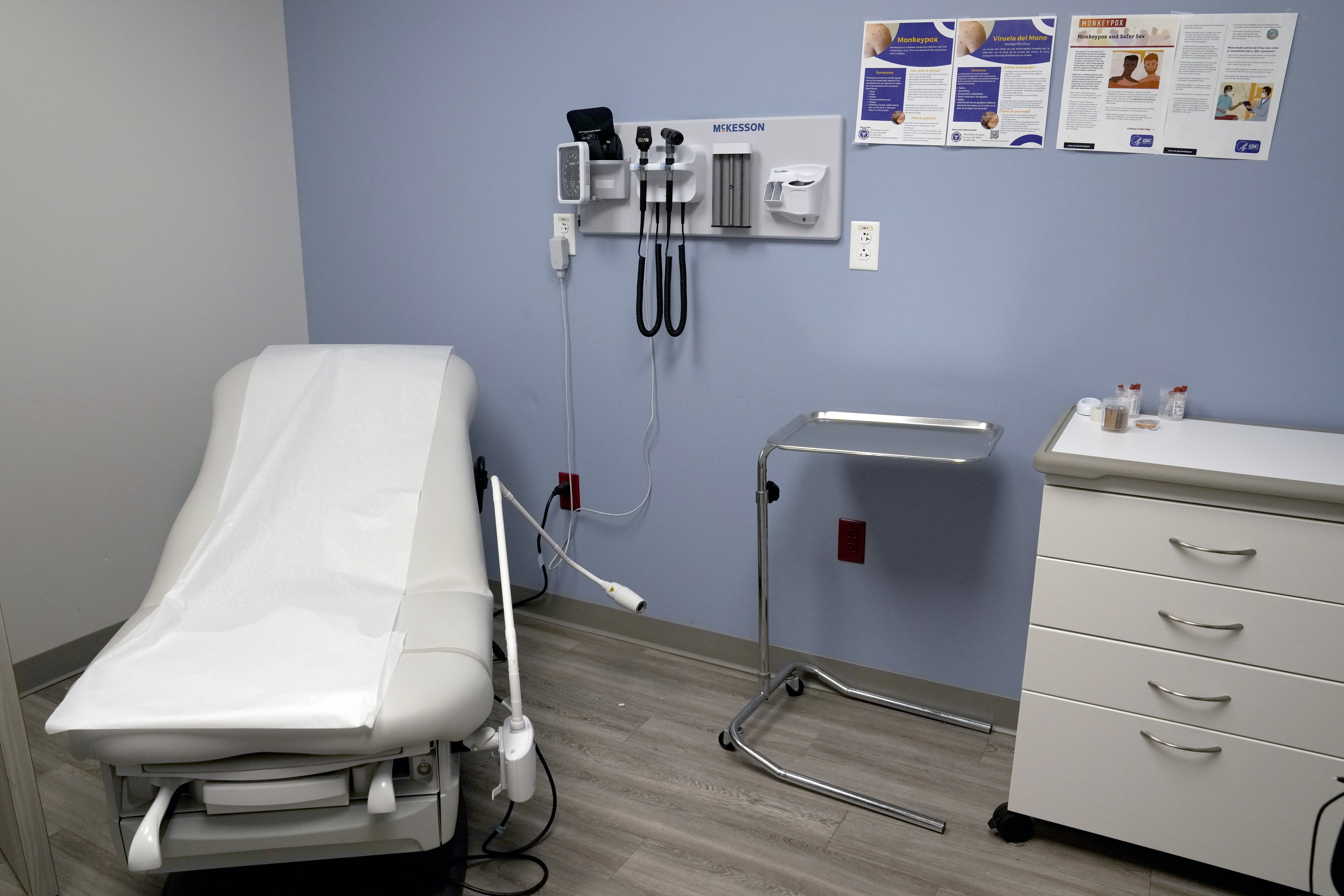When a child complains about abdominal pain — a common ailment among kids — doctors say parents' reactions make all the difference.
Their advice? Don't dote.
"Sometimes, constant attention to it makes things worse," said Carlo Di Lorenzo, a pediatrics professor at The Ohio State University. "While distractions — 'OK, you have a bellyache, but let's play a game or let's talk about something else' — work a lot better than attention."
How to best get the word out to parents about treating kids who suffer from so-called functional abdominal pain is the subject of a 13-month National Institutes of Health-funded study. St. Charles Family Care in Redmond, Ore., is among four U.S. sites now recruiting a total of 300 patients to participate in the study, which will compare different methods of teaching parents to tend to their kids' symptoms.
If a child complains of stomachaches for more than three months but his or her doctor can't find a physical cause, the child is said to have functional abdominal pain. The condition affects between 10 to 15 percent of school-aged children and is among the top reasons they miss school, according to the North American Society for Pediatric Gastroenterology, Hepatology and Nutrition.
The culprit is a combination of gastrointestinal hyper-sensitivity and anxiety, said Di Lorenzo, also the chief of pediatric gastroenterology at Nationwide Children's Hospital in Columbus, Ohio. Functional abdominal pain is sort of like headaches because although the pain is very real, it's not caused by an underlying disease, he said.
The study will randomly assign participants — primary caregivers of children between the ages of 7 and 12 with unexplained abdominal pain — into one of three groups that will receive information, either over the phone or in person, on how to help their child cope with their pain, said Rona Levy, a professor of social work, medicine and psychology at the University of Washington and director of its Behavioral Medicine Research Group.
U.S. & World
News from around the country and around the globe
The first group will receive information over the phone about treating the abdominal pain through nutrition. Another two groups will receive information about teaching their children coping skills to deal with the pain, except one will hear it over the phone and the other will receive it in person. The study is testing both the effectiveness of delivering the information over the phone versus in person as well as which content is more effective.
While only parents will receive the intervention, children will be asked about their symptoms and related factors before, during and after the study, she said. The study is slated to run until May 2016.
Children rely on their caregivers to teach them how to take care of themselves, which puts caregivers on the front lines when it comes to teaching kids to cope with pain, said Kim Swanson, a behavioral health consultant and licensed psychologist at St. Charles Family Care in Redmond and a researcher on the study.
Doctors commonly teach parents techniques that center on relaxation and distraction, Swanson said. That generally requires keeping the kids in school even if they're experiencing abdominal pain, she said.
"If you have this repeat pattern where the kid constantly doesn't feel well but they're getting all these special breaks on things, then they don't really learn how to cope with those symptoms and still kind of be functional in life," Swanson said.
And the kids who experience abdominal pain tend to be the same ones who get stressed about catching up on their schoolwork, Di Lorenzo said.
"Usually, the children that get bellyaches are those that like to do well and feel frustrated if they fall behind," he said. "It makes the pain worse if they miss school."
Ultimately, the results of the study could identify the best way to teach parents to help their kids, one that hopefully won't involve as many time-consuming and costly trips to doctor's offices. Levy said she would ideally like to put the information together in a workbook that parents could reference.
The bottom line is that parents, especially those with young children, have busy lives, Swanson said.
"Sometimes it's easier to connect in different ways," she said, "so it's important to know if this is a way that would be helpful for parents."
___
Information from: The Bulletin, http://www.bendbulletin.com



